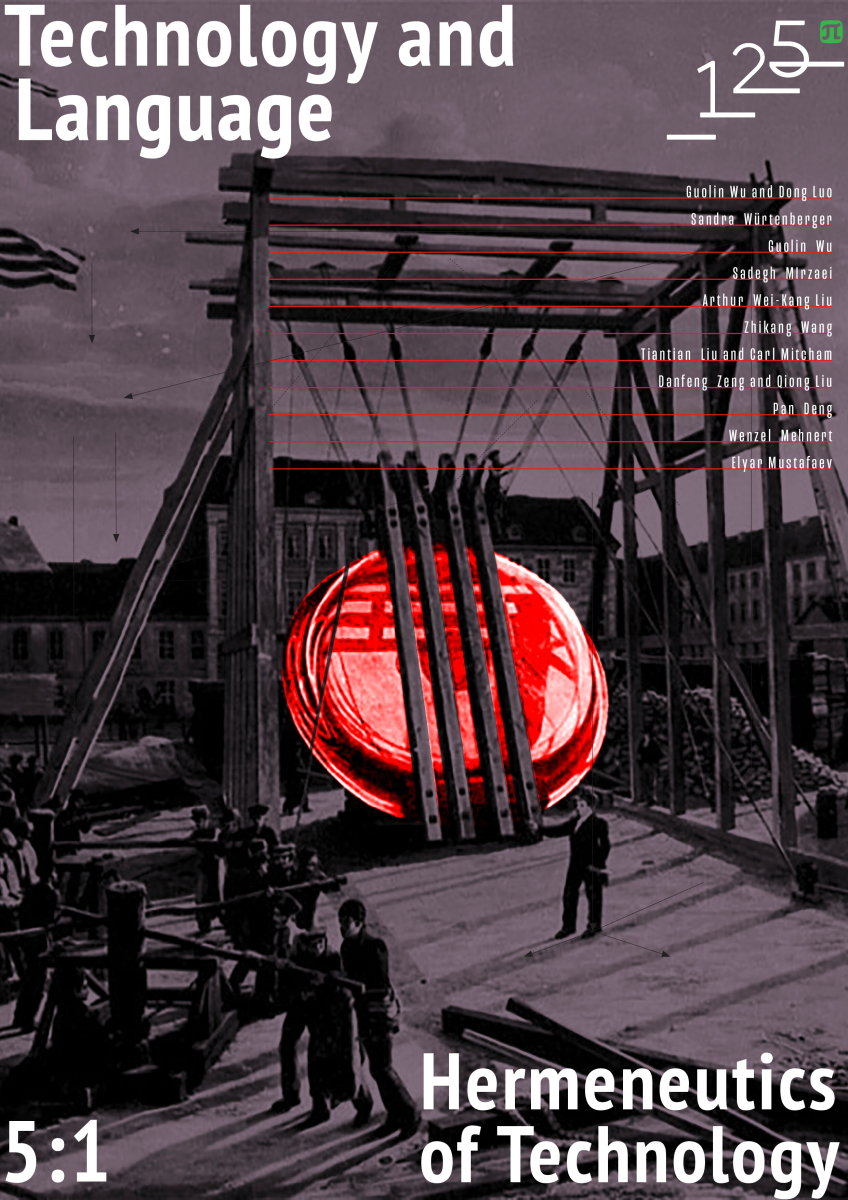Tracing the Tracing Apps: A Technical Response to Covid in Cultural Comparison
The paper is concerned with studying the tracking apps developed and employed by governments to control the Covid 19 pandemic. Such apps have been implemented by almost all states in the world, however, with different mechanisms. In the present study, three groups of apps are identified, according to their level of control and surveillance (low, medium, high). Apparently, a higher degree of control, as well as the obligation to install them, should correspond to greater efficiency, but it also coincides with greater risk of exposing users' personal data. As much as this assumption tends to be correct, for determining the efficiency or inefficiency of tracking apps, other factors needs to be analyzed. This might be socio-political in nature, such as the public's trust in the actions of governments, or technical, i.e., concerning the actual performativity of such devices. The article also highlights the question of how the use of technology can affect our understanding of freedom and personal responsibility. The international comparison shows, overall, that there are no universals but many cultural determinants. In particular, there is no universal fear of data security that could explain a certain technological design. The study of alternative Covid-tracking applications allows us to see the confluence of ideological, philosophical and technical concepts in the modern world. Their evaluation cannot proceed in isolation from cultural dynamics and value orientations.



